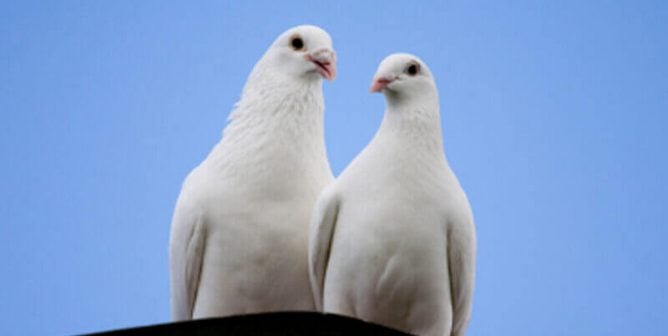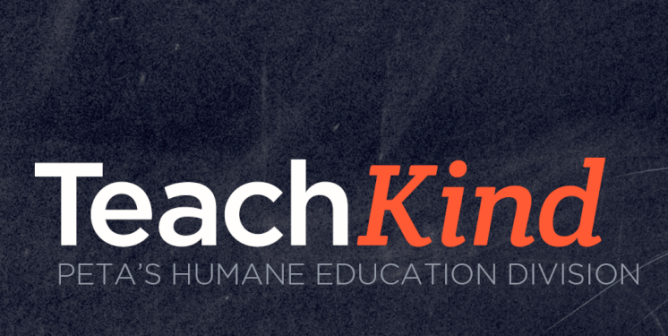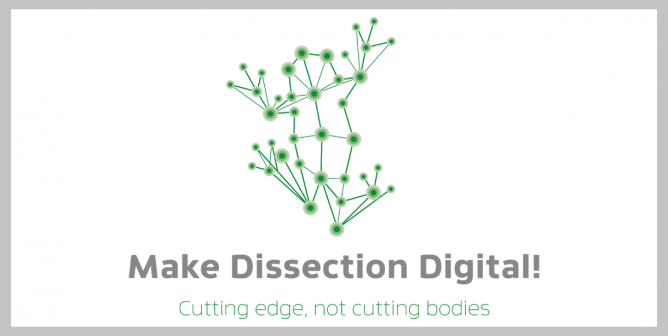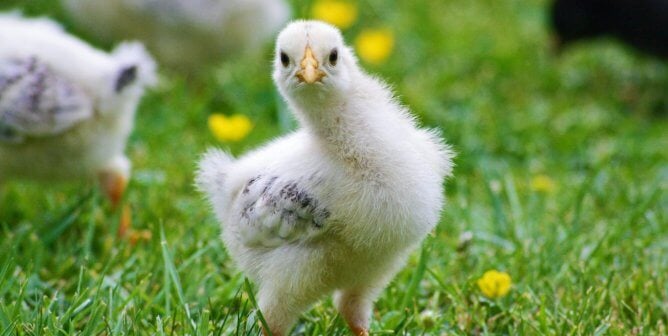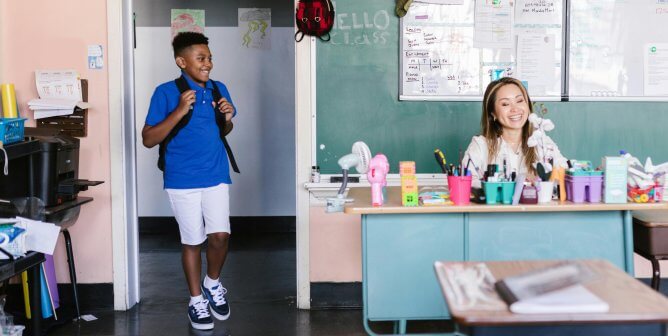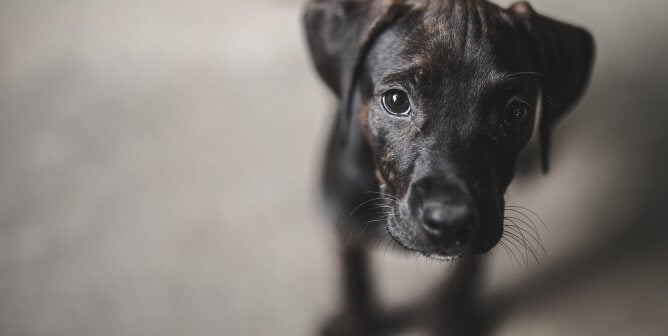Welcome to TeachKind, PETA’s humane education division! We are former classroom teachers, here to help schools, educators, and parents promote compassion for animals through free lessons, virtual classroom presentations, advice, online materials, and more. With TeachKind’s resources, you can “feed two birds with one scone”—simultaneously fostering compassion for animals and helping students develop academic skills—and start building empathy for all right now!
Teach students that all beings deserve the chance to give and receive love with this fun literacy activity!
Celebrate holidays all year round with holiday writing prompts designed for students of all grade levels. These prompts will inspire students to enjoy writing while reflecting on the important connection between humans and animals, fostering empathy and understanding. As we delve deeper into understanding animals, we discover reflections of ourselves in these sentient individuals. Encouraging … Read more »
TeachKind’s team of former classroom teachers and experts can help you “feed two birds with one scone,” simultaneously fostering compassion for animals (which also cultivates social and emotional learning) and helping students develop academic skills. WHAT CAN TEACHKIND DO FOR YOU? Donations, Free Events, Free Teaching Resources FREE Books We donate books to schools and … Read more »
These popular alternatives for teaching the life cycle of a chicken are humane and educational, and they’re sure to be a hit with your students.
Many students face a variety of stresses from home life, school, and social pressures, and they may feel embarrassed or hesitant to ask for the things they need. A care closet can be a discreet source of comfort and privacy, providing essential personal care items that help students feel cared for and valued. By creating … Read more »
If you are a teacher, parent, or caregiver who keeps up with educational trends, you’re likely aware of the mental health crisis affecting many young people today. The pressures of academic performance, social dynamics, and personal challenges have led to rising levels of anxiety, depression, and other mental health issues among K-12 students. Addressing this … Read more »



